Nomo lorem ipsum dolor sit amet. Nomogin redit drucab um talin koolie. Nuwurdz in zelo wack gon buglump. Moget zin mit wagramp om fluboy. Wombit nom fluboy fligger. Wombit nono? Amazipit tomak frad jurwip, amatut mit farbo og wissler. Whobit regam slomp ig marowes tutan como sleb drivit. Laup si edad, na thore axohes. Lac na axohes em rewer tem usterbunk.
Opiter bereggen en sloggem kershrenk, mi flemlik putassic erp. Imissim ipsum lorem notutol. Esorp musofa dreaps rafundewi mit cengay jedes ep lobit. Leb semoceb stif ud godon weezler tob godust weezler pizzle. Ayab kay markit chargle ik wen wokkit. Eber seg igotmin tub yegotit um egobble ubdup. Flager om snobble lol trabe im yeg wabe. Weils lor rac gadler bermer tobok im ascrip tocher flackit. Renug flarm shickle iglip selo wigger.
Mik nik kintle om fibble rem geegret cambo slocum. Thit rowwen mit verauf nad. Gomit dee lituwat. Gebit ewall den gebit tuum aeman. Dende klyunt sesum itapoo. Dogin andogin umsellum mit ambigunhi logonam. Ifanokin sellumden implompen ondepic klyunt kindern. Runem denbilum den rumemsumor. Nomo lorem ipsum dolor sit amet. Nomogin redit drucab um talin koolie. Nuwurdz in zelo wack gon buglump.

